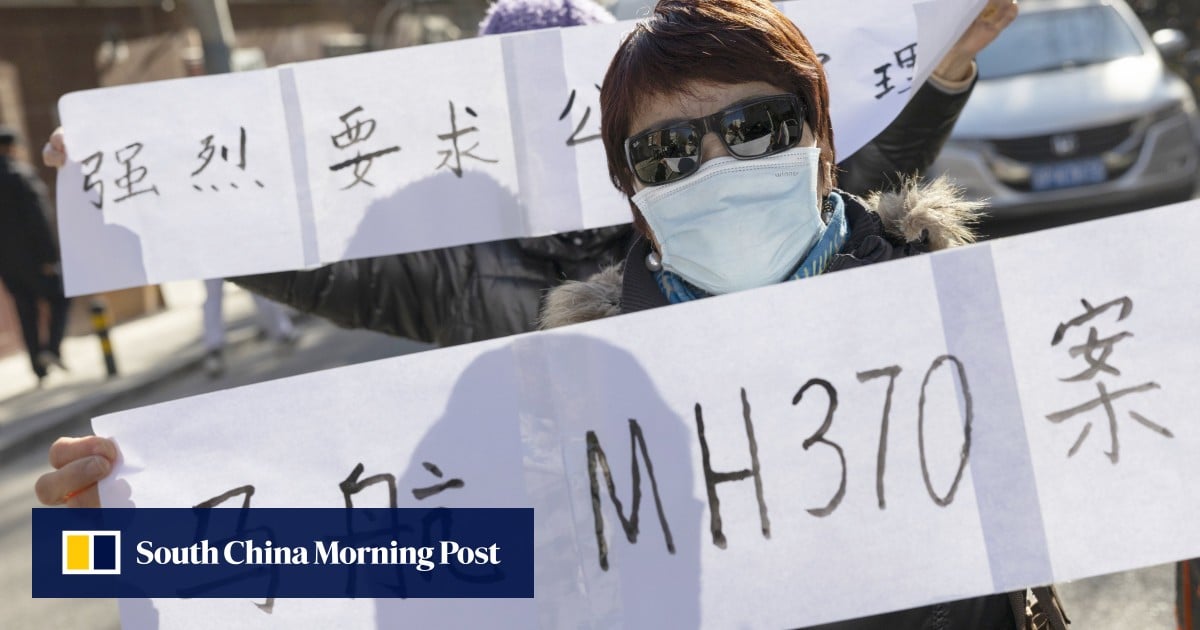“There are now new technologies that can pinpoint new positions. I think they are all worth a try,” he said.
But Song Chunjie, a relative of another victim, said it was useless for individual experts to call for a search.
On the evening of March 8, 2014, the Malaysia Airlines jet with 239 people on board – including more than 150 Chinese nationals – left Kuala Lumpur for Beijing then vanished from radar screens about two hours after its departure.
Massive search operations involving several countries were conducted in the southern Indian Ocean, but neither the plane nor its wreckage was found.
But the families have never given up hope and the pursuit of the truth.
Their demands include compensation, an apology, psychological help as well as a fund to continue the search.
Jiang said he had not yet heard any results from the case and would check with the court again after the holidays.
“Our slogan for the 10th anniversary is still ‘reboot the search’,” he said.
For nearly a decade, Jiang has helped organise families on the social media platform WeChat, talked to the media and pushed for progress in finding the plane. He has even visited search teams in Australia and travelled to Mauritius, Madagascar and Réunion to look for debris.
He has studied plane crashes and mechanical failures, sharing his knowledge on social media and reaching out to the relatives of crash victims.







